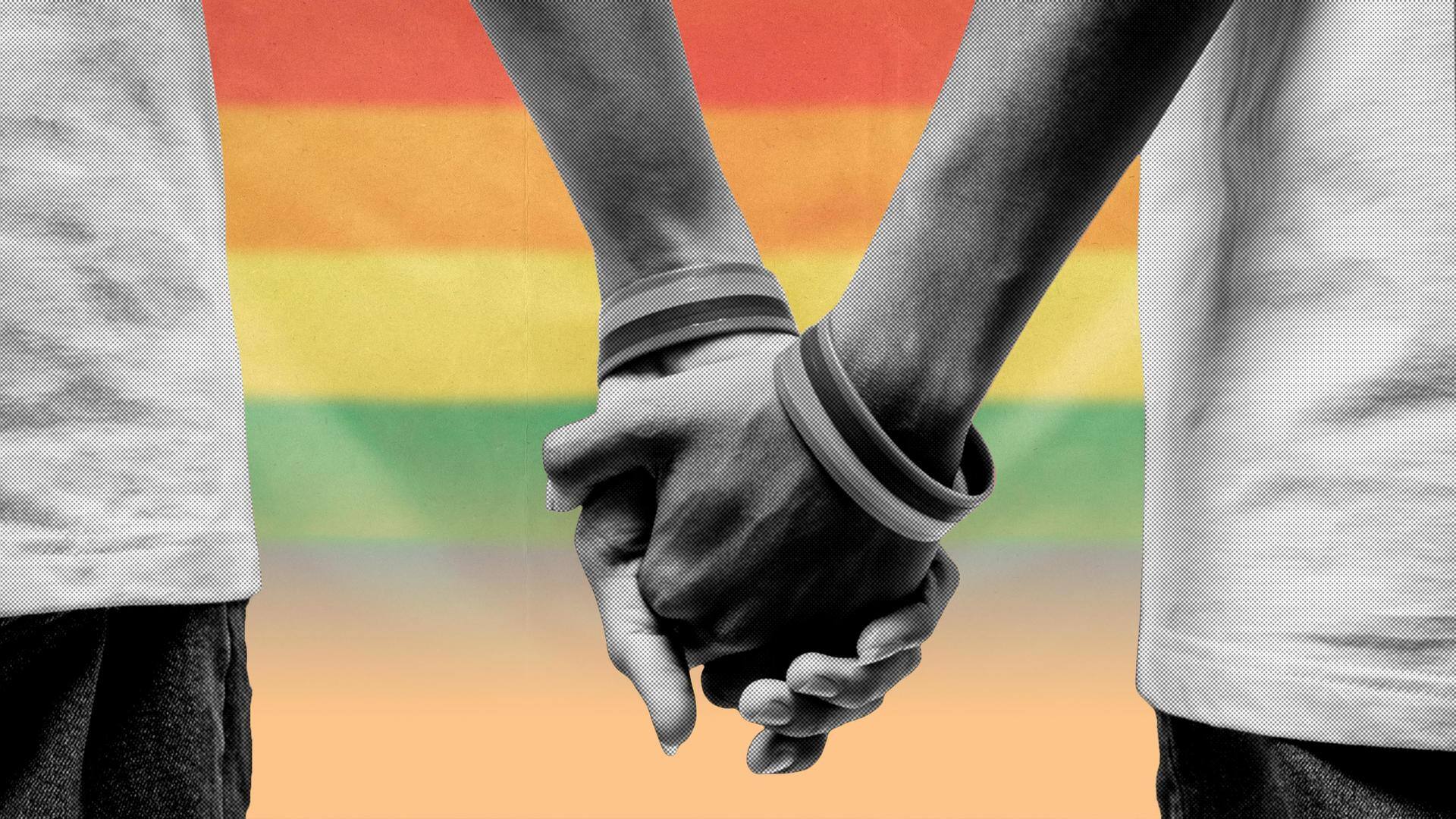
Time to update the laws: SC on marriage equality
What's the story
On the sixth day of the Supreme Court hearing on marriage equality for the LGBTQ+ community, the five-judge Constitutional bench presiding over the matter said it's time to update the laws. The statement came after the Centre's counsel, Solicitor General Tushar Mehta said that legal terms cannot be gender-neutral. The Centre maintains that marriage is a legislative subject and beyond the judiciary's ambit.
Context
Why does this story matter?
The SC is hearing a batch of petitions seeking marriage equality for the LGBTQ+ community, while the Centre opposes recognizing same-sex marriages. In a historic step in 2018, the SC decriminalized consensual gay sex, recognizing the liberty of homosexual adults. In a subsequent move for social acceptance and dignity, the LGBTQ+ community is seeking the right to a legal marriage.
Hearing
Adoption laws follow gendered definitions: Mehta
During the arguments, Mehta cited the Indian Penal Code (IPC) for the definitions of man and woman. In support of his argument for gendered language, he said adoption laws have gender-based eligibility criteria. He stated that a man cannot a girl if the age difference is less than 21 years; similarly, a woman isn't allowed to adopt a boy without the same age difference.
Argument
Who will be mother or father in same-sex marriages: Mehta
He also referred to the Domestic Violence Act, saying that the aggrieved person referred to in the act is presumed to be a woman. If adoption is allowed for same-sex couples, which one of them would be considered as the mother or father, Mehta asked. If one partner dies, who will be considered as the widow or widower in such a union, he queried.
Details
Petitioners seek marriage equality for adoption rights, social security
Notably, the petitions seek marriage equality for queer unions under the Special Marriage Act, Foreign Marriage Act, and Hindu Marriage Act. The non-recognition of queer marriages prevents LGBTQ+ individuals from accessing adoption rights, social security benefits, and medical autonomy, as enjoyed by heterosexual couples. The government argues that LGBTQ+ marriages are not compatible with the heteronormative concept of an Indian family unit.